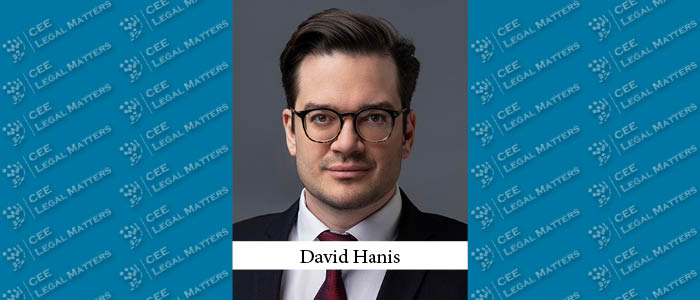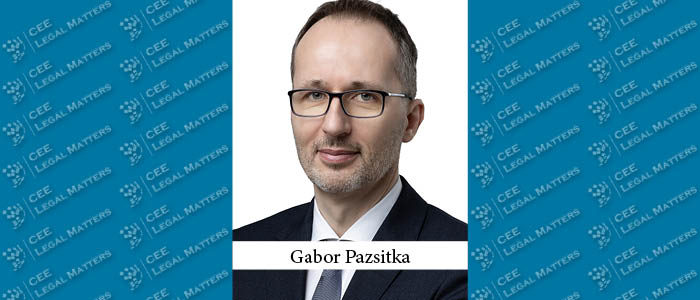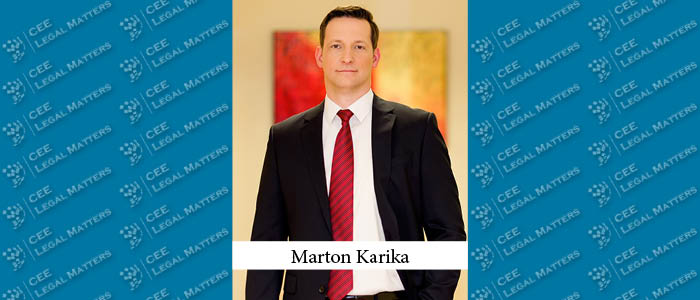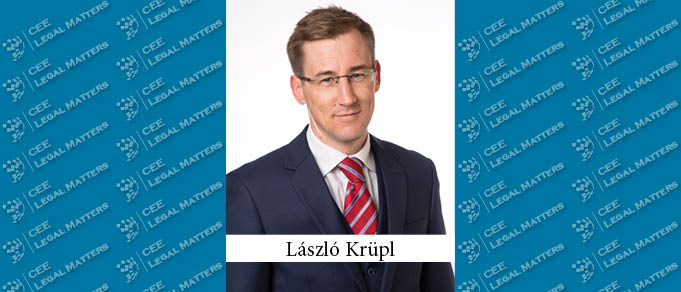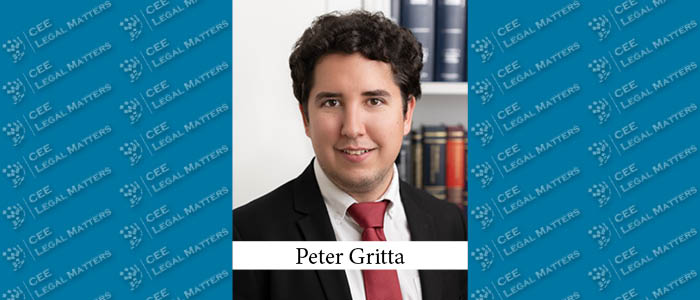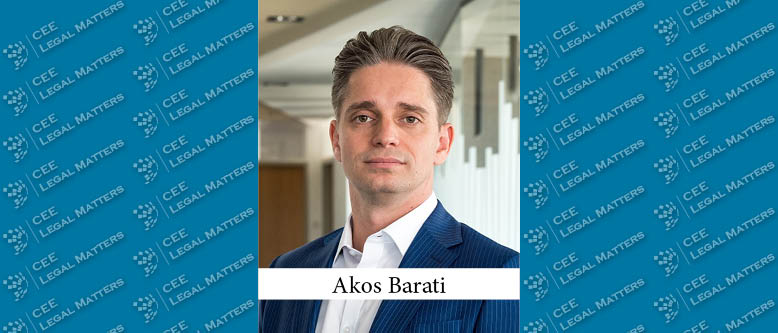According to a draft legislation on digital companies issued at the end of 2023, “digital companies” would be exempt from paying public burdens and local business tax. Employees in employment relationships and the executives of companies could fulfil their tax payment obligations after their income through special public burden contributions.
Wolf Theiss Advises Uniper on Sale of Hungarian Combined-Cycle 430-Megawatt Gas Power Plant to Veolia
Wolf Theiss has advised Uniper on the sale of the Gonyu gas-fired combined-cycle 430-megawatt power plant to Veolia. BDO Legal Hungary and Cleary Gottlieb reportedly advised Veolia.
Platform Workers are Not Employees, Hungarian Curia Confirms
The legal status of platform workers (e.g. food couriers) is continuously subject to interpretation and often times scrutiny from the authorities. The Hungarian Curia settled the status in its latest decision, at least from a labour law point of view.
CMS and Filip & Company Advise on Banca Transilvania Purchase of OTP Bank Romania
CMS has advised the OTP Group on the binding agreement to sell its stake in OTP Bank Romania and all subsidiaries to Banca Transilvania for a combined purchase price is EUR 347.5 million. Filip & Company advised Banca Transilvania on the acquisition.
Schoenherr Advises Enery on Ten-Year Renewable Energy VPPA with Dreher Breweries
Schoenherr has advised Enery on its ten-year virtual cross-border power purchase agreement with Asahi Europe & International's Dreher Breweries in Hungary.
In It for the Long Haul: An Interview with David Hanis of Oppenheim
David Hanis joined Oppenheim in Budapest to specialize in energy fresh out of law school, and has never looked back. 15 years later, just before Christmas 2023, CEE Legal Matters reported on his appointment to a Partner position at the same firm. Demonstrating you can move forward by staying in the same place, he shares his story below.
Life Sciences Bulletin: Recent notable changes to life sciences regulation in Hungary
A reorganisation of the authorities regulating the pharma sector and new legislative pieces have brought notable changes to the life sciences sector in Hungary.
Schoenherr Advises TeraPlast on Wolfgang Freiler Group Acquisition
Schoenherr has advised the TeraPlast Group on its acquisition of the Wolfgang Freiler Group from Austria's Uhl family.
Gabor Pazsitka Joins Schonherr in Hungary as Partner and Head of Banking & Finance
Gabor Pazsitka has joined Schonherr's Budapest office as a Partner and the Head of the firm's local Banking & Finance practice.
Hungarian Government Adopts New Decree to Tackle Shrinkflation
Most of us have likely encountered a situation where we bought our favourite chocolate at the grocery store, only to be surprised upon opening it at home to find that the size and weight of the chocolate had decreased, while the packaging and price remained unchanged.
Marton Karika Leaves Ban & Karika Attorneys at Law. Firm Rebrands as Ban & Partners
Ban & Karika Attorneys at Law recently announced that Partner Marton Karika has left the team in a move that became effective on February 1, 2024.
Peter Virag Joins Oppenheim To Lead Competition Team
Oppenheim has recently announced the appointment of Peter Virag – formerly of DLA Piper – as Head of its Antitrust, Competition, and Trade team.
Hungary's Land Registry System Enters the 21st Century
On 15 June 2021, the Hungarian Parliament passed Act C of 2021 on Land Registration that was supposed to enter into force on 1 February 2023. As this deadline neared, it became evident that neither private citizens, companies, lawyers nor authorities were adequately prepared for the change.
Medical Unfitness – Who Shall Terminate the Employment In Hungary?
It is a common labour law problem in Hungary that in case the employee, due to medical reasons, becomes permanently unfit for the job he previously fulfilled, the employer does not amend or terminate the employment (the latter of which would entail an obligation to pay severance pay), but keeps the employee on “idle time” without giving him tasks and salary. In our article, we examine this issue in light of the recent decision of the Hungarian Supreme Court.
Schoenherr, CMS, and Noerr Advise on Ullo Logistic Center Agreements Between OTP REIF, Rossmann, and Panattoni
Schoenherr has advised the OTP Real Estate Investment Fund on its purchase of a land plot in Ullo, Hungary, from Rossmann, the development agreement for a BTS logistic center on the site with development manager Panattoni, and a long-term lease agreement for the facility with Rossmann as tenant. CMS and Noerr advised Panattoni. PwC Legal reportedly advised Rossmann.
Notable Changes Hungarian Corporate Law Regulations Effective from 1 January 2024
In Hungary, a legal entity can separate into multiple legal entities through division or spin-off. In the case of a spin-off, the original legal entity continues to exist, and a portion of its assets is transferred to the newly formed legal entity as its successor.
Jalsovszky Head of Tax Advisory Akos Barati Makes Partner
Head of Tax Advisory and Wealth Management Akos Barati has been promoted to a Partner position with Jalsovszky in Budapest.
Kinstellar Announces New Firm-Wide Practice and Sector Leadership Appointments
Kinstellar has announced several appointments to firm-wide practice and sector leadership positions, including Partner Csilla Andreko in Budapest, Partner Iustinian Captariu and Special Counsel Magda Raducanu in Bucharest, Managing Partner Milos Velimirovic in Belgrade, Managing Partner Lukas Sevcik and Counsel Jan Lehky in Prague, and Managing Associate Lukas Mrazik in Bratislava.






